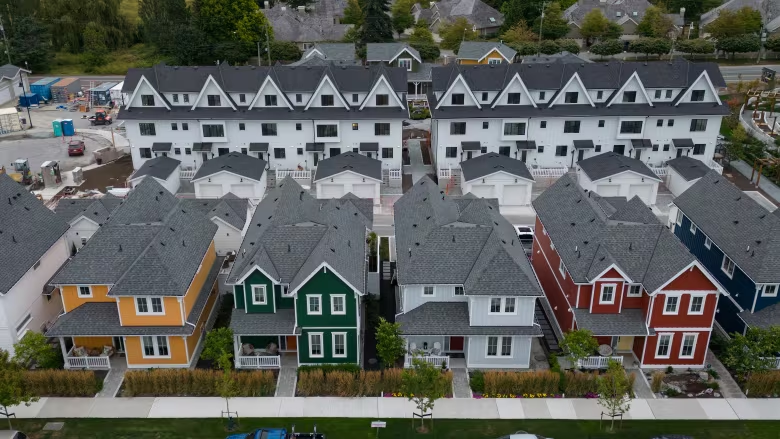Posted on
October 2, 2024
by
The Botto Team
30-year mortgage amortization period extended for all first-time homebuyers and all new construction purchasers, plus a $500,000 increase to the insured mortgage cap
Those looking to buy their first home will soon be able to take advantage of a 30-year mortgage and expanded borrowing powers, regardless of the home they buy.
On September 16th, the Government of Canada revealed that it would be expanding eligibility for 30-year amortizations on insured mortgages to all first-time homebuyers, and to all purchasers of new construction properties. The policy will come into effect on December 15th, 2024. Currently, the maximum amortization period for insured mortgages – mortgages that have less than a 20% down payment and therefore require mortgage insurance – is limited to 25 years.
By lengthening mortgage amortization periods by another five years, the federal government says monthly mortgage payments will be reduced, making housing more affordable for young Canadians. The upgraded policy would also incentivize developers to build more new housing.
This latest amendment to mortgage rules comes just one month after 30-year amortizations for insured mortgages were announced for first-time homebuyers of new construction homes. The policy officially came into effect on August 1st.
Insured mortgage cap increased to $1.5 million
In addition to longer amortization periods, the federal government has also increased the limit on insured mortgages. As of December 15th, the insured mortgage cap will be increased from $1 million to $1.5 million.
“Building on our action to help you afford a downpayment, we are now making the boldest mortgages reforms in decades to unlock homeownership for younger Canadians,” said Chrystia Freeland, Deputy Prime Minister and Minister of Finance, said in a press release. “We are increasing the insured mortgage cap to reflect home prices in more expensive cities, allowing homebuyers more time to pay off their mortgage, and helping homeowners switch lenders to find the lowest interest rate at renewal.”
Under current rules, mortgage insurance is limited to homes purchased under $1 million, meaning anyone searching for a home in the seven-figure price range is automatically required to put down a minimum of 20% of the purchase price as a down payment. This can be limiting to homebuyers in the country’s most expensive real estate markets, Vancouver and Toronto, where average home prices often surpass $1 million.
“The decision to lengthen insured mortgage amortizations and boost the mortgage insurance cap will give many first-time buyers across the country a much-needed leg up on accessing the property ladder. For many homebuyer hopefuls, the monthly mortgage payment is often the deciding factor between a property that fits in their budget and one that doesn’t. An extra few years to spread out those payments will help many purchasers make the transition from renter to homeowner. Those shopping in Canada’s most expensive markets, where home prices over $1 million are the norm, will also find it a little easier to get into the market,” said Karen Yolevski, COO, Royal LePage Real Estate Services Ltd.
“The implementation of these new rules will likely follow another cut to interest rates, or two. The Bank of Canada’s next scheduled announcements are on October 23rd and December 11th. Lower borrowing costs, combined with these extended mortgage powers, may stir first-time buyer demand in the months ahead, setting the stage for a robust spring market in 2025.”
Do you qualify under the new mortgage policies?
In order to take advantage of the increased mortgage cap and 30-year mortgage amortizations, you must be a first-time homebuyer in Canada. Here are the basic requirements:
The borrower has never purchased a home before.
In the last four years, the borrower has not occupied a home as a principal residence that either they or their current spouse or common-law partner have owned.
If the borrower recently experienced the breakdown of a marriage or common-law partnership, the regulations will follow the approach that the Canada Revenue Agency has taken with respect to the Home Buyers’ Plan.
To be considered a new construction property, the new home must not have been previously occupied for residential purposes.
Thirty-year amortizations were first announced in the 2024 federal budget released earlier this year, alongside other housing measures for Canadians. Read more about all of the proposed housing measures here.
Source: RoyalLePage



